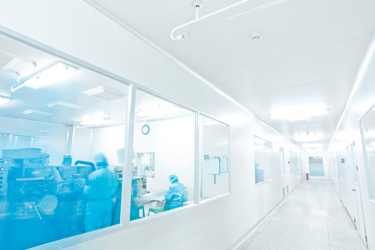Where There's A Risk, There's A Way: De-Risking Drug Development At The Earliest Stages

An evolving toolbox of technology and advanced scientific knowledge is fueling the growth of a wide range of next-generation drugs in today’s pipelines. These novel but complex products, while offering the ability to treat previously unmet medical needs, also present many challenges. This is often due to their unique characteristics that require bespoke development and manufacturing processes as opposed to using well-known platform approaches, adding even more risk and challenge. Further, the increasingly competitive market leaves little room for error or delay. Therefore, selecting and optimizing the right lead candidate becomes critical, as this allows you to de-risk your drug development process and maximize your chances of success.
The most frequent causes of failure during drug development are related to safety and efficacy issues, so it is important to have processes in place that can identify potential risks as early as possible. Simple, cost-effective in silico and in vitro assessments can help look at potential developability challenges in the earliest stages and allow for modifications to the drug candidate and its process development to optimize the development path.
Many of the drugs currently in early development around the world are initially developed by small biotechs, companies that often require the support of service providers to assist and to accelerate the de-risking of their candidates. This is where Lonza’s Early Development experts step in. Today’s guest is Dr. Raymond Donninger, Senior Director of Commercial Development for Lonza’s Early Development Services.
To start the de-risking process, the team can predict development issues very early, based on the candidate’s sequence and structure. The experts can then also apply in vitro tools to look at product characteristics and potential immunogenicity challenges allowing for the mitigation of potential efficacy, safety or manufacturability risks. This knowledge allows for modifications to the drug candidate and its process development to increase the likelihood of a successful first-in-human study.
Get unlimited access to:
Enter your credentials below to log in. Not yet a member of Drug Discovery Online? Subscribe today.
